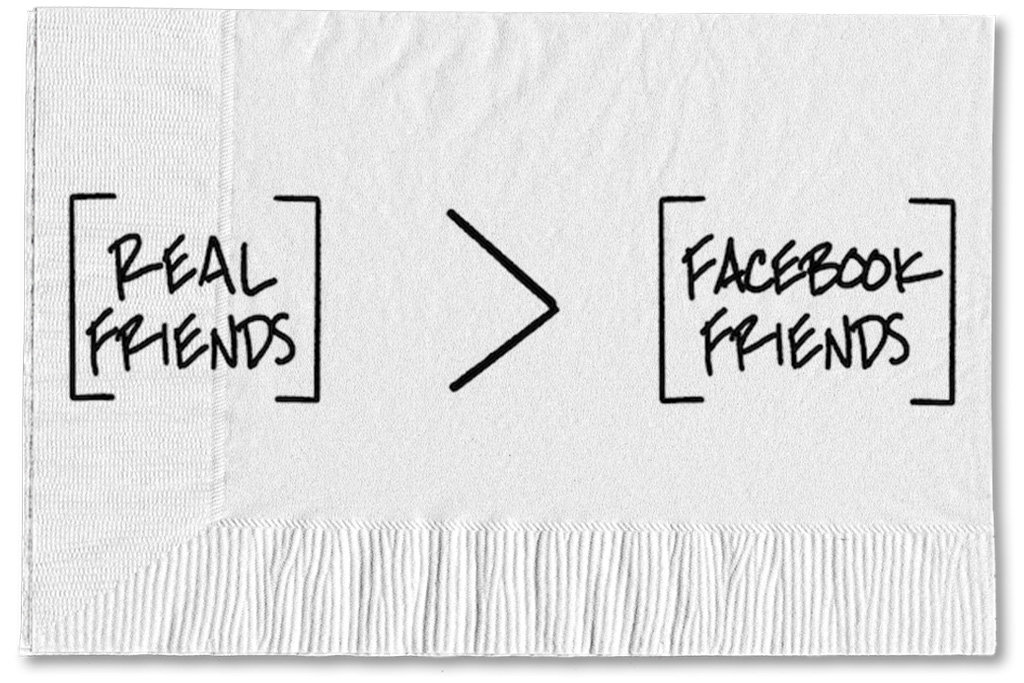The following blog is by Kali Hawlk originally published in her blog.
There’s a common narrative in our society, for those of us born at a certain time and place. If someone ever made you feel like a special snowflake, chances are this means you.
Have you heard the narrative? It says that we’ll all be okay — everything will be okay — if we just follow the steps that “they” determined created a path to guaranteed success. It started with going to school. And in grade school, showing up was enough.
Don’t worry about doing anything more. Show up, sit down, make no noise, ask no (real, authority-challenging) questions. Revere the rules that were made to efficiently process massive groups through an education system. No exceptions, only adherence to the system that could only deal with the individuals within it as a massive unit, pushed through a factory of standardized tests.
All the while, a promise encourages us to continue moving forward: as soon as we get through the system, as soon as we “grow up” and get to go play in the real world, we’ll get to enjoy complete and utter autonomy in our lives. We’ll get to become whatever we want, just because we wanted it.
What could define freedom and choice more than the idea that you can be whatever you want?
Growing up, we were convinced that we could be whatever we wanted to be. If we could dream it, we could do it.
But somewhere along the way, the people in charge forgot to give us the tools to actually accomplish this. They were big on fluff and distractions, and short on providing actionable skills, experience, and knowledge.
Somehow we decided to skip right over things like how to budget and set up the right insurance policies for our needs, how to invest wisely over a period of decades to create a secure financial future one day, how to find our grit and commit to a big goal, how to work hard and innovate to create work and careers that allowed us to serve others in a way we also found fulfilling..
Who has time for that?
Instead we cruised right on by in our spaceship of unreasonable optimism because we’d get to be whatever we want one day! We were special! Unique! Snowflakes, even!
And the moment things in life start skittering off the rails, we found how easily we could be destroyed. When the trouble started, when the first real problem cropped up for us, we realized we were inadequately prepared to tackle it.
Those practical matters, the street smarts, the fundamentals of “how to scrape by as an independent adult making your own way” — well, they didn’t matter much. Somehow they were considered unimportant in our education. The grandiose idea of following a dream and having our lives magically work out in our favor was much easier to sell than the practical application of the theory. Than the work it would take to make that happen.
(Or perhaps between years of tests in school they simply ran out of time to cover something that might actually matter one day.)
But wait — what if more standardized solutions for all provided an answer to these woes? The narrative, it seems, continues.
Once your primary education concluded and you found yourself on the doorstep of the real world, you were saved from figuring it all out on your own for another four years. Saved again by the narrative that said we’ll all be okay — everything will be okay — if we just go to college. A proper university, one with four-year degrees (preferably in another state or at an overpriced institution so you can pay more for the same end result).
Thank goodness that decision was made for you. Just trot your newly-minted “adult” self into the halls of higher education and within a year or so declare a major that would neatly lop off a majority of your career options. Or eliminate them altogether if you went completely rogue and majored in something like English. Or philosophy. Please God say you didn’t major in anthropology.
Oh, that’s right! It didn’t matter — you could always continue to rack up mind-numbing amounts of debt when you went off to graduate school for lack of anything better to do.
Eventually, however, there came a day when the narrative started running out of options for you. Maybe it happened when you finally graduated with your fancy degree, ready to step out into the long-awaited real world as a free adult about to become whatever they wanted to be. It was out there that your dream job waited to embrace you with open arms, where you’d never work a day in your life because you loved what you did.
Or maybe you followed the narrative down the rabbit hole a bit further; maybe it took longer to realize you’d been in the driver’s seat of your life but suddenly looked around and had no idea how you’d gotten miles from where you started.
Perhaps it hit you that the accepted narrative hadn’t delivered on its promises when you first noticed that you hadn’t made a conscious, intentional, and deliberate decision based off what you wanted your life to look like in years.
It’s at this point you’ll wake up and wonder what just happened. You’ll ask why you’re not happy and fulfilled. You believed in the narrative. You trusted it. It was your story, too.
So what went wrong? Why did the narrative lie about the steps you needed to take to move along the path of financial, professional, and personal success? And more importantly, what happens when you wake up and realize the dream is over? When you realize the story didn’t come true?
What’s next is an opportunity to strip away someone else’s instruction book for life. Now that you’re awake, you can start asking questions. Stop following the general guidelines that keep the sheep safely with the flock.
If you want to actually experience something meaningful, if you want to show your gratitude for miraculously existing as a living, breathing, thinking, conscious being made up of starstuff, then you must start living mindfully.
You must burn the rule book and create your own correct way of experiencing your life. You must make intentional decisions about how to live a life that you are responsible for creating. And as soon as you’re awake, you need to start.
Wait for nothing and no one. Start digging into your own self and discover what you truly want. Then get after it relentlessly, tenaciously.
There are no generally right answers out there for us all to accept as the one way of creating ourselves and what we experience. There’s only the realization that there’s a right answer for you as an individual and you have the ability to find it better than anyone else — because it’s always located somewhere between your gut and your soul.
About the author: Kali Hawlk is a financial writer who is passionate about helping Millennials learn more about money. She also works as a content marketing manager for financial professionals to help advisors and planners build better businesses and brands online. Kali is a contributor to Clark Howard, The Huffington Post, ReadyForZero, Magnify Money, and FeeX. She’s also been featured on and quoted in Forbes, US News and World Report, and AOL’s Daily Finance. To learn more and get in touch, please visit http://kalihawlk.com







0 Comments